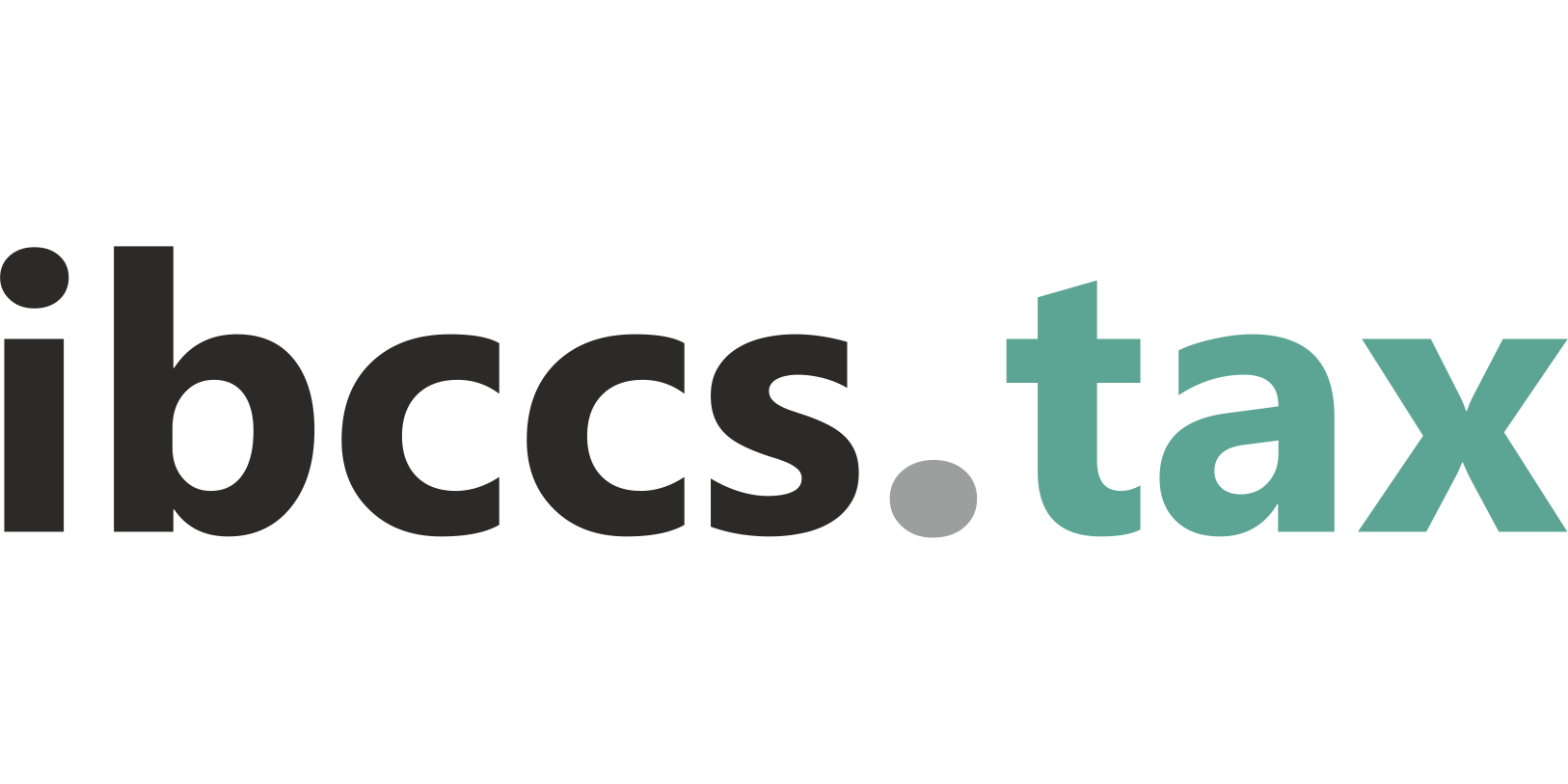UBO Register in Cyprus – public access as from 01.06.2022

According to the newest announcement by the Registrar of Companies in Cyprus, from 01 June 2022, the general public, as well as obliged entities, can have access to information regarding the Beneficial Owners Register of companies and other legal entities. Until now, only competent and law enforcement entities such as MOKAS (Unit for Combating Money […]
Personal Income Tax Return 2021

According to the announcement by the Tax Department of Cyprus on 08 April 2022, Personal Income Tax Return (Form T.D.1) for the tax year 2021 is now accessible for electronic submissions through the Tax Portal TaxisNet. The tax return (Form T.D.1) is addressed to employees, pensioners, and to self-employed individuals (Form T.D.1 self-employed) with turnover […]
Non-compliance with UBO reporting – penalties announced

12 March 2022 is the last date when companies or other legal entities incorporated before 12 March 2021 in Cyprus should report data about their Beneficial Owners. According to the Circular issued on 25 January 2022 by the Registrar of Companies – in case of a non-compliance with any of the obligations – the company […]
Estonia – country with one of the most competitive tax system

The Tax Foundation recently published a report on the tax competitiveness of the Organization for Economic Co-operation and Development (OECD) countries, which ranked Estonia as the 1st country for the eighth consecutive year. Its top score is driven by three positive features of its tax system: First, it has a 20 percent tax rate on […]
Sejm przyjął Polski Ład. Zmiany w podatkach 2022

Uwaga: Omawiane poniżej zmiany przepisów są w trakcie prac legislacyjnych. W dacie sporządzenia niniejszej informacji prace legislacyjne prowadzi Senat RP po czym projekt wraz z poprawkami zostanie przekazany na ostatnie, trzecie czytanie do Sejmu RP. Prezentowane zmiany mogą ulec zmianie a zamieszona informacja nie wskazuje wiążącego stanu prawnego od 1 stycznia 2022 roku. Polski Ład […]
EU set to remove Seychelles, Anguilla and Dominica from the Tax Haven Blacklist

The European Union has agreed to remove Anguilla, Dominica, and Seychelles from its blacklist of tax havens. All three had previously been placed on the list because they did not fulfill the EU’s tax transparency standards of being assessed as at least “largely compliant” by the OECD Global Forum in terms of information exchange on […]
DAC6 – Automatic Exchange of Information

The Council of the European Union has adopted the Directive 2018/822 for amending the Directive 2011/16/EU as regards mandatory automatic exchange of information in the field of taxation. Genesis UE Member States find it increasingly difficult to protect their national tax bases from erosion as tax-planning structures have evolved to be particularly sophisticated. Such structures […]
Employment and HR – Significant Changes in Cyprus

The Council of Ministers issued a set of regulations, published in the Official Gazette of the Republic of Cyprus on 3 September 2021, announcing that the application of the Social Insurance Regulations of 2017 shall become effective as of 13 September 2021. The said regulations will substitute the Social Insurance Regulations of 2010 as amended. […]
Nowy Ład – zmiany w PIT, CIT, VAT

Przedstawiony projekt przepisów podatkowych w ramach Polskiego Ładu to 225-stronicowy dokument, w którym zawarto zmiany w różnych podatkach (PIT, CIT, VAT). Nowe przepisy, które częściowo będą obowiązywać już od 1 stycznia 2022 r. oznaczają też nowe ulgi podatkowe i modyfikacje tych istniejących. Prawodawca wprowadza również nowe definicje a także doprecyzowuje te już funkcjonujące. Poniżej nasza […]
Controlled Foreign Company (CFC) Rule

Controlled Foreign Company Rules (CFC) were implemented in Cyprus following the approval by Cyprus of the EU Anti-Tax Avoidance Directive (ATAD), which may affect a variety of companies. Relatively limited number of companies may be affected whose profits are over € 750.000 annually provided their profits are not distributed as dividends up to 7 months […]

